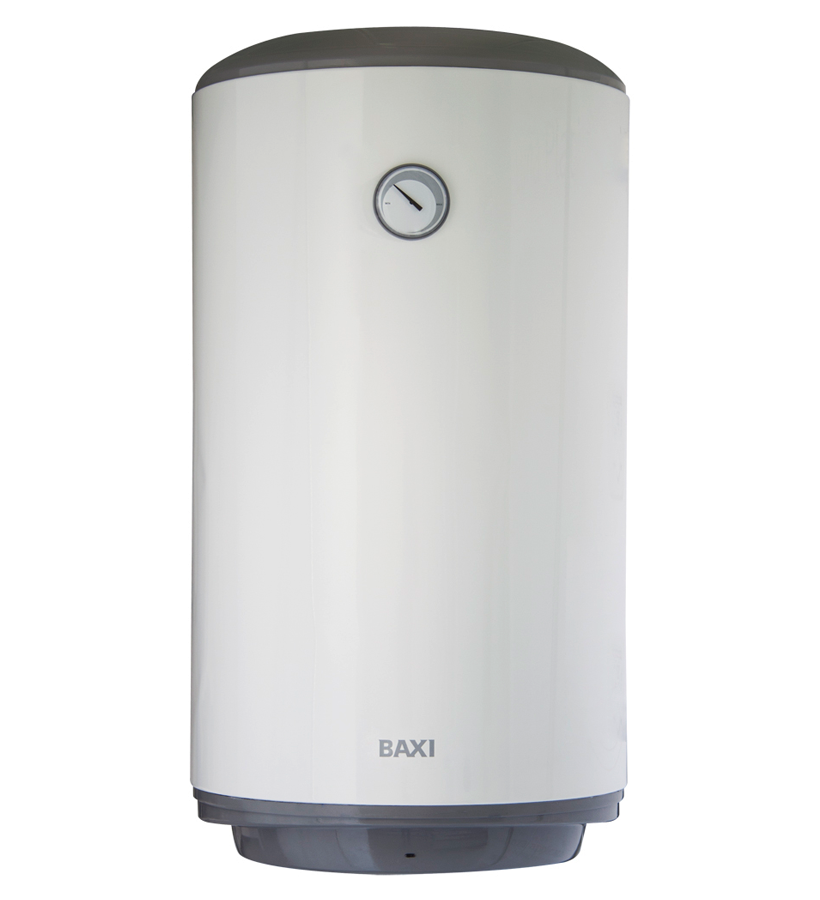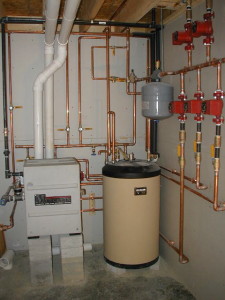The author is making a number of good pointers about Maintaining & Draining a Water Heater overall in this great article beneath.

Whether it is located in the cellar or a different space, damaged water heaters can create anxiety. A basic device holds 80 gallons, so an over night leak will certainly bring about a flooding. This results in major property damage with soaked walls as well as floors. Having no warm water supply is likewise bothersome. If you are handling these concerns, remember of the following:
Shut Down Power Source
Before calling the plumber, turned off a gas water heater by turning the temperature dial. This is normally found at the top of the thermostat. Switch off the circuit breaker if you have a model that runs on electric power. This will certainly avoid electrocution, particularly if there is a leak as water is a conductor. Normally, the heating element turns off when the water hits a particular temperature level. But with a busted tank, it may malfunction. Sufficing off assures you remain secure.
Cut Off the Cold Water Supply
Cut off the storage tanks tap water supply from the source. This goes from your primary water line into the tank. When your storage tank is in good condition, the cold water quits filling when the tank is full. Given that it is dripping, the water will continue to stream. Close the shutoff discovered at the top of the heating unit. Turn this clockwise to shut it off. You must turn off that primary water supply line outside your residential or commercial property if you can not find it or reach it.
Call the Plumber
After doing the very first 2 safety actions, you have to call your plumber to come right away to take care of a fractured water heater. There are normally indicators that your aging water heater has sediment accumulation in the inside.
Rather, as quickly as you find these signs, have an expert come to inspect your water heating system say thanks to. Generally, water heaters have a life-span of concerning 8 to 12 years.
Tidy up Home
After calling the plumber, file damages by taking notes as well as pictures so you can assert your house owner's insurance coverage. From there, begin the immediate cleanup. Obtain any kind of vital valuables to prevent further soaking. Remove any standing water to prevent mold and mildew as well as mold development. If you have a completely submersible water pump, make use of that to drain pipes the water. Or else, the traditional pail approach will likewise function. Try to mop out everything, including baseboards and walls. Keep them running to keep air circulating if you have an electric fan as well as dehumidifier. This will help discourage mold development.
Bear in mind, if you discover any kind of issues with your water heating unit, call the pros right away. You can not take this trouble lightly because a defective thermostat can raise water temperature to a dangerously high degree, leading to unintended burns.
Whether it is located in the cellar or a different space, busted water heating units can trigger stress. Before calling the plumber, closed off a gas water heater by transforming the temperature dial. After doing the first two safety steps, you must call your plumber to come right away to fix a ruptured water heater. If you have a completely submersible water pump, make use of that to drain the water. Remember, if you notice any concerns with your water heating unit, call the pros right away.
8 REASONS YOUR HOT WATER HEATER IS NOT WORKING & HOW TO FIX
Water Heater Problems & Solutions
Loose or Damaged In-Line Valve
Unlike a water leak near the bottom of your water tank, a water leak on top of your system can be easily fixed. A common cause of water tank leaks includes a loose in-line valve. This is a handle that is located at the top of the water tank that is engineered to activate or deactivate the flow of water. To fix this problem, you will need to secure the nut that holds the ball or in-line valve in its location. If the leak becomes more severe once it is tightened, you will be required to travel to your local hardware store to purchase a new in-line valve for your water heater.
Damaged Pressure Relief Valve
Most types of water heaters are equipped with a pressure relief valve that is engineered to discharge pressure from the water tank when it becomes too high. If this valve on top of your water heater begins to leak, we recommend purchasing a new one online or from your local store. The process of removing and replacing pressure relief valves is not complicated.
No Warm Water
If you have an electric water heater in your home, the most typical cause of a lack of warm water is a broken heating element. Your water heater is equipped with two heating elements that are tasked with heating incoming water in the water tank. Once a heating element begins to malfunction, you will have little to no hot water to use for showering, cleaning, and laundry.
Low Supply of Hot Water
Are you continuously running out of warm water? This issue may be a byproduct of a cracked dip tube. This tube is engineered to push cold water to the base of your water tank to be heated. Once a crack or hole begins to form in the dip tube, the incoming supply of cold water may be released near the top or middle of your tank. As a result, the cold water on top of the tank will be sent to the faucets and showers in your house. This hot water heater problem can only be fixed by replacing the dip tube on your system. Since the process of installing a new dip tube is complex, we recommend calling a certified technician for help.
A low supply of warm water may also be a signal of excess sediment buildup in your water tank. As your water heater reaches the middle of its life cycle, minerals in water including magnesium and calcium will begin to collect at the base of the water tank. As the minerals continue to grow, there will be less room in the water tank to store hot water. To resolve this problem, flush your water heater to remove the excess minerals.
Water is Too Warm or Cold
If the water in your shower feels uncomfortable hot or cold, you can adjust the temperature of your water by changing the settings on your thermostat. Setting the temperature to 120 degrees Fahrenheit may help you save money on your utility bills. This is an excellent temperature to use if you’re worried about scalding or skin irritation. Does this temperature feel too cold? You may also adjust the thermostat to 140 degrees Fahrenheit to make your showers more pleasant. If your hot water heater is not working when you change the temperature, this is an indicator of a broken thermostat. Immediately find a certified plumbing or heating contractor in your area to repair or replace your thermostat.
Low Water Pressure
Low water pressure is not always caused by a malfunctioning water heater. If you live in an older home with smaller water pipes, the flow of water will be restricted prior to reaching our kitchen or bathroom skins. The only way to eliminate this hot water heater problem is to connect new ¾-inch water lines to your system. Another type of problem that may negatively impact your water pressure includes calcium deposits in water pipes.
As magnesium and calcium begin to form in your pipes, the diameter of your water lines will become smaller. As a result, the warm water from your water heater will not be able to travel in an efficient manner to your sinks or appliances. Since the process of replacing water pipes includes removing drywall, an average homeowner that does not have a plumbing license will not be able to fix this hot water heater problem.
https://www.wmhendersoninc.com/blog/8-reasons-your-water-heater-is-not-working-how-to-fix/

I am just very serious about Water Heater Repair and I hope you appreciated the piece. Those who enjoyed reading our blog post plz be sure to pass it around. We recognize the value of reading our article about Maintaining & Draining a Water Heater.
Pro help, one ring away.